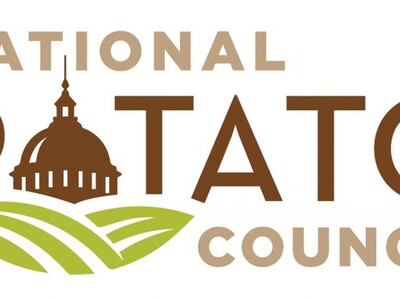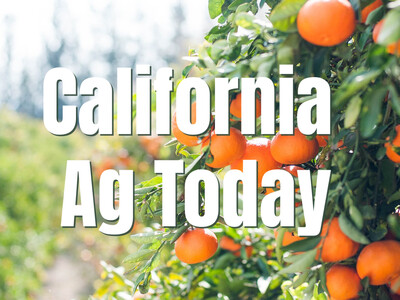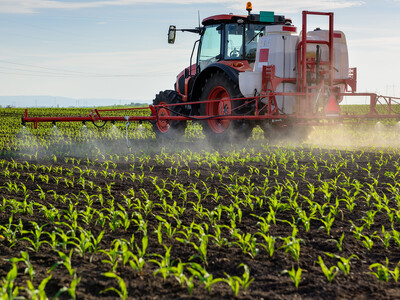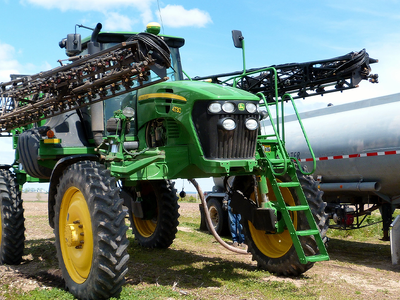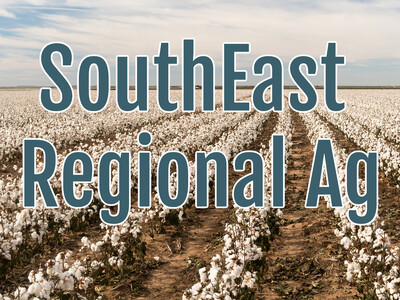Panama Free Trade Agreement & Hop Crop
The Panama Free Trade Agreement, which went into effect yesterday, eliminates Panama's tariffs on roughly half of U.S. agriculture exports, including burdensome tariffs on U.S. cherries, apples, and pears. A twenty percent tariff on frozen potato products and a fifteen percent tariff on other potato products will be phased out over the next five years.
Dan Newhouse, largely recognized as the Director of the Washington State Department of Agriculture, also happens to be a hop grower. Newhouse comments on how his hop harvest was this year.
NEWHOUSE: It was a good crop - not a barn buster, but it was descent. I think the hop market actually shows signs of some life, so that’s a good thing, and a little brighter prospects in the future hopefully.
Washington’s hop crop this year didn’t have quite the yields that most of the growers in the state are used to, but according to the Hop Growers of America this is a trend that appears to be happening nationwide, and is due largely in part to a steady shift in the type of hop varieties being grown. Washington, Oregon, and Idaho hop growers have been progressively switching from the higher yielding alpha varieties to the lower yielding aroma varieties; whereas what used to be a 70% alpha, 30% aroma split is now quickly nearing the 50/50 mark. The good news here is that the craft and specialty brewers now makes up 10% of the beer volume in the U.S., and use far more hops in the brewing process than the big industrial beer makers.
I’m Lacy Gray and that’s Washington Ag Today on the Ag Information Network.




